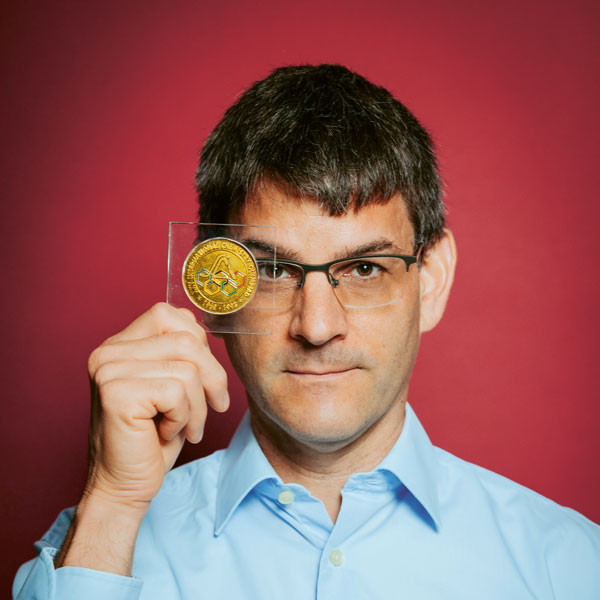COLUMN
Cutting research funding is short-sighted
Disinvestment in science has historically resulted in lower economic growth and could today endanger Switzerland’s reputation as a leader in science, says Laura Bernardi from the SNSF.

Laura Bernardi is the Vice-President of the National Research Council of the SNSF. | Photo: Université de Lausanne
Budget cuts to research-driven funding have become a trend in many European countries – and Switzerland is not an exception. Cost savings are of course a legitimate goal in the immediate term, but I fear that the long-term consequences will backfire and translate into higher costs in the future.
The most immediate impact of reduced funding is an overall decline in research quality. Much of Switzerland’s successful science is related to rigorously peer-reviewed, high-risk, far-sighted research across all fields of science. If researchers are forced to scale back the scope of their projects, they will take fewer risks and abandon groundbreaking lines of inquiry. Moreover, with scarcer funding, competition will intensify. Highly talented early-career researchers, for whom securing grants will become harder, may leave academia or move to other countries that continue to invest heavily in research – like Southeast Asian countries and the United States.
Disinvestment in science has historically gone hand in hand with a reduction in the innovation and development capacity of a society, and consequently leads to lower economic growth and greater social inequality. Well-funded research promotes the creation of start-ups, attracts qualified human capital and drives societal development.
Cuts to research funding may also weaken international collaboration. Fewer grants will result in fewer opportunities for collaboration, which will translate into fewer opportunities for Swiss researchers to influence the global scientific community in critical issues like climate change, global health and social inequality.
Lastly, and most importantly, I urge us all not to underestimate the societal impact of decreased funds for research that could improve the quality of life for all. Scientific solutions to relevant societal challenges like population ageing, global migration and emerging diseases all require solid empirical knowledge and a long-term vision.
The short-term financial benefits of cutting research funding risk being outweighed by the long-term costs to innovation, global competitiveness and societal well-being. The price may be too high: Switzerland’s reputation as a leader in science, technology and cohesive democracy depends on its sustained investment in competitive science.




